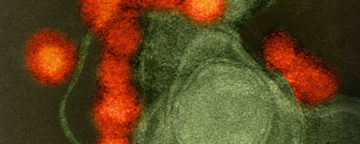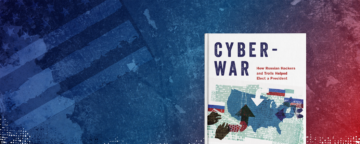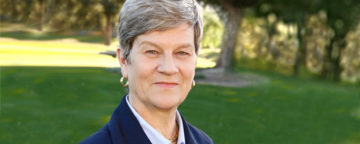Members of the Transatlantic Working Group (TWG), a project of APPC, offer a 'Disinformation ABC' and other ways to address hate speech, extremism and malevolent speech online.


Members of the Transatlantic Working Group (TWG), a project of APPC, offer a 'Disinformation ABC' and other ways to address hate speech, extremism and malevolent speech online.

The Transatlantic Working Group examines how efforts by government and platforms to moderate online content -- and curb hate speech, terrorism, and viral deception -- have been flawed.

A series of papers originally presented as works-in-progress at a Zika communication summit at APPC in March 2017 were published in a special issue of Risk Analysis on “Communicating About Zika,” aimed at providing theoretical and practical insights.

In Cyberwar, Kathleen Hall Jamieson investigates the role of Russian hackers and trolls in the 2016 presidential election and argues it is likely that Russian help was crucial to Donald Trump's victory.

Reporter Jane Mayer writes that Kathleen Hall Jamieson's book "Cyberwar" concludes that Russia likely delivered Trump’s victory.

APPC director Kathleen Hall Jamieson and postdoctoral fellow Doron Taussig argue in Political Science Quarterly that President Donald J. Trump has forged a unique rhetorical signature that disrupts the norms of politics and discourse.

In "Kids' TV Grows Up," former APPC professional-in-residence Jo Holz looks at the evolution of children's programming from Howdy Doody to SpongeBob SquarePants.

APPC researchers urge scientists to engage with the public on scientific issues but caution them to carefully choose their audiences and avoid two-sided debates explicitly framed as conflicts.

In an issue brief, part of a new series, Annenberg Public Policy Center research director Dan Romer reviews the evidence on the effectiveness of pictorial warning labels on cigarette packs.